
One Vitamin That Could Transform Your Circulation
One Vitamin That Could Transform Your Circulation
As you get older, your body naturally changes, and so do your health priorities. One area that is often overlooked is blood circulation, especially in the legs and feet. Poor circulation can lead to serious complications if it's ignored.
In this article, you will learn about a powerful vitamin that can help you improve circulation, support heart health, and boost mobility: niacin, also known as Vitamin B3.
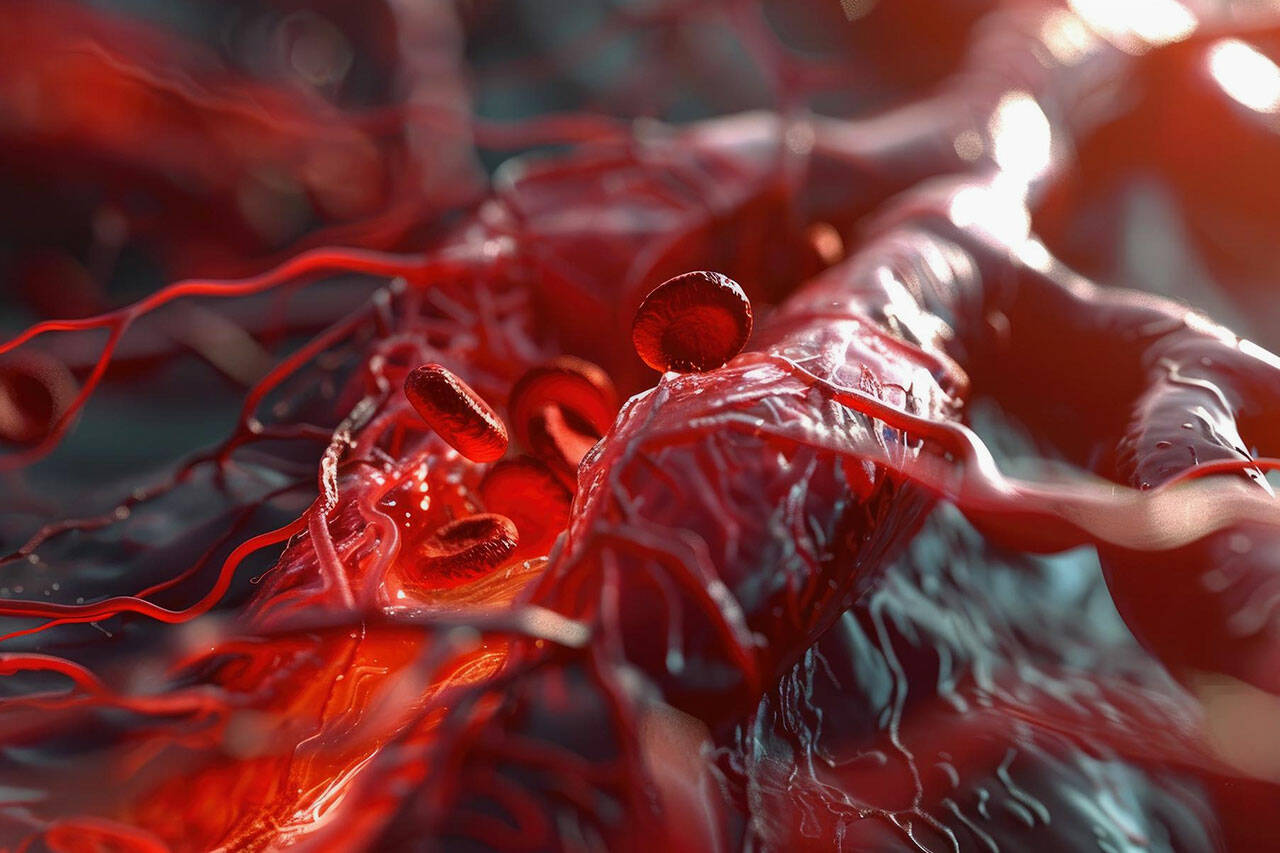
What Is Niacin?
Niacin is a B-complex vitamin that plays a vital role in your health. It is a vasodilator, meaning it helps to widen blood vessels. This allows blood to flow more freely, especially to your lower limbs.
Niacin also helps reduce inflammation in blood vessels and supports the repair of damaged tissue. These functions are crucial for maintaining a healthy circulatory system as you age.
Why Niacin Is Important as You Age
After the age of 50, your cardiovascular system can start to change. Arteries may stiffen and the risk of blockages increases. Niacin can help by:
-
Improving Blood Vessel Function: It helps keep your blood vessels flexible and working properly.
-
Supporting Cholesterol Balance: Niacin can help raise your HDL ("good") cholesterol and lower triglycerides.
-
Reducing Inflammation: It helps reduce inflammation in your arteries and veins.
These benefits make niacin a powerful tool for maintaining healthy circulation and mobility. A study published in Nature Communications showed that a form of Vitamin B3 helped people with poor circulation in their legs walk farther, thanks to improved muscle energy and blood flow.
How to Get More Niacin
Niacin can be found in a variety of everyday foods:
-
Animal Sources: Chicken, turkey, tuna, salmon, eggs, and dairy products.
-
Plant Sources: Peanuts, sunflower seeds, avocados, and whole grains.
Your body can also create niacin from tryptophan, an amino acid found in high-protein foods, as long as you are also getting enough B2 and B6.
Should You Take a Supplement?
If you don't get enough niacin from your diet, your doctor may suggest a supplement. However, you should always talk to a doctor before starting a high-dose regimen, as it can cause side effects such as flushing, itching, or, in rare cases, liver damage.
For general health, the recommended daily dose is around 16 mg for men and 14 mg for women. For cholesterol treatment, a doctor may recommend a much higher dose, but this must be done under medical supervision.
Final Thoughts
Supporting healthy circulation as you age is not just about avoiding discomfort—it's about protecting your heart, boosting your mobility, and maintaining your quality of life. Whether you get it through your diet or with a supplement, Vitamin B3 (niacin) is a simple but powerful ally for your long-term health.
News in the same category


Lesser-Known Menopause Symptoms

Signs Your Cortisol Is Dangerously High

He Never Drank Alcohol but Died of Liver Failure: Doctors Reveal 4 Common Foods That Quietly Destroy the Liver
A man who stayed away from alcohol his entire life shocked his family when he was diagnosed with liver failure and passed away at just 55 years old. Doctors warn that alcohol is not the only enemy of the liver—certain everyday foods can be just as destr
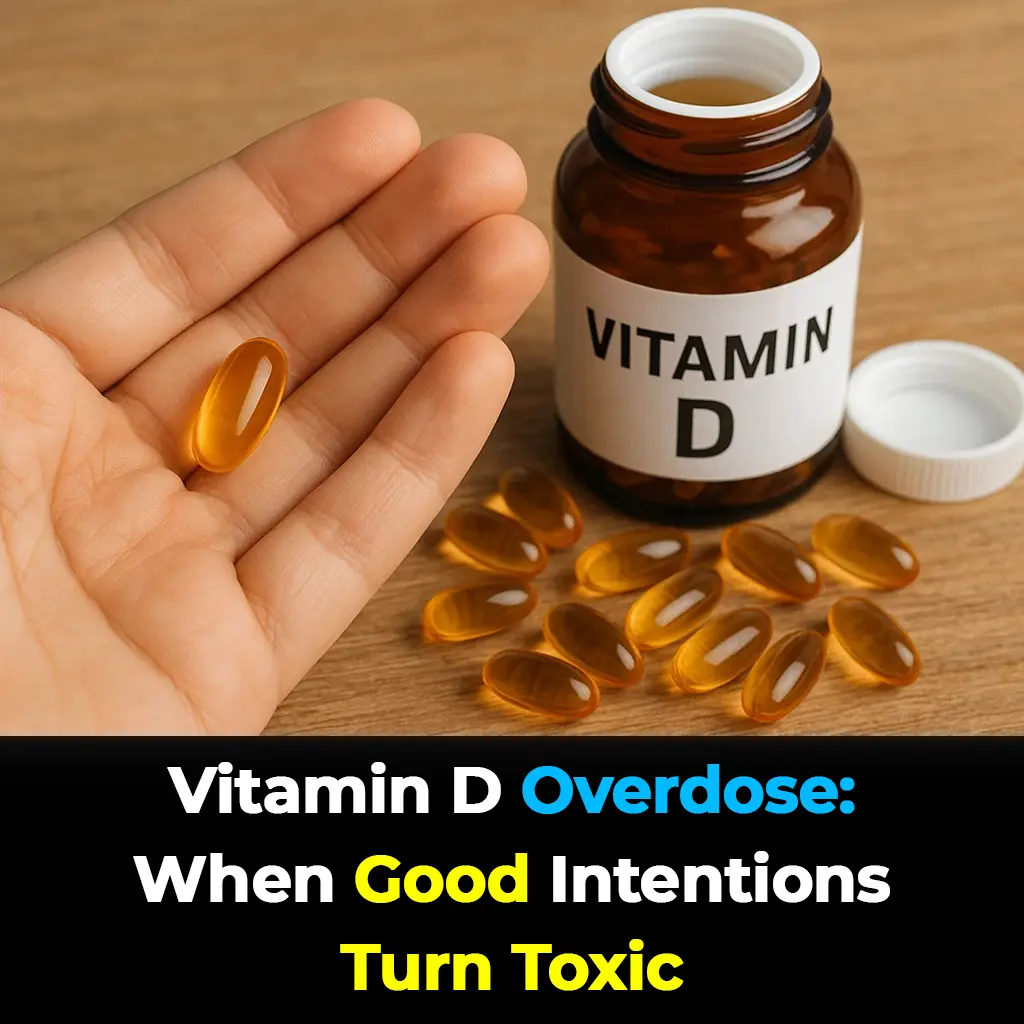
Vitamin D Overdose: When Good Intentions Turn Toxic
Vitamin D is often celebrated as the “sunshine vitamin,” vital for bone strength, immune health, and even protection against certain chronic diseases. But while moderate amounts are essential, excessive or unsupervised intake can be toxic—and in som
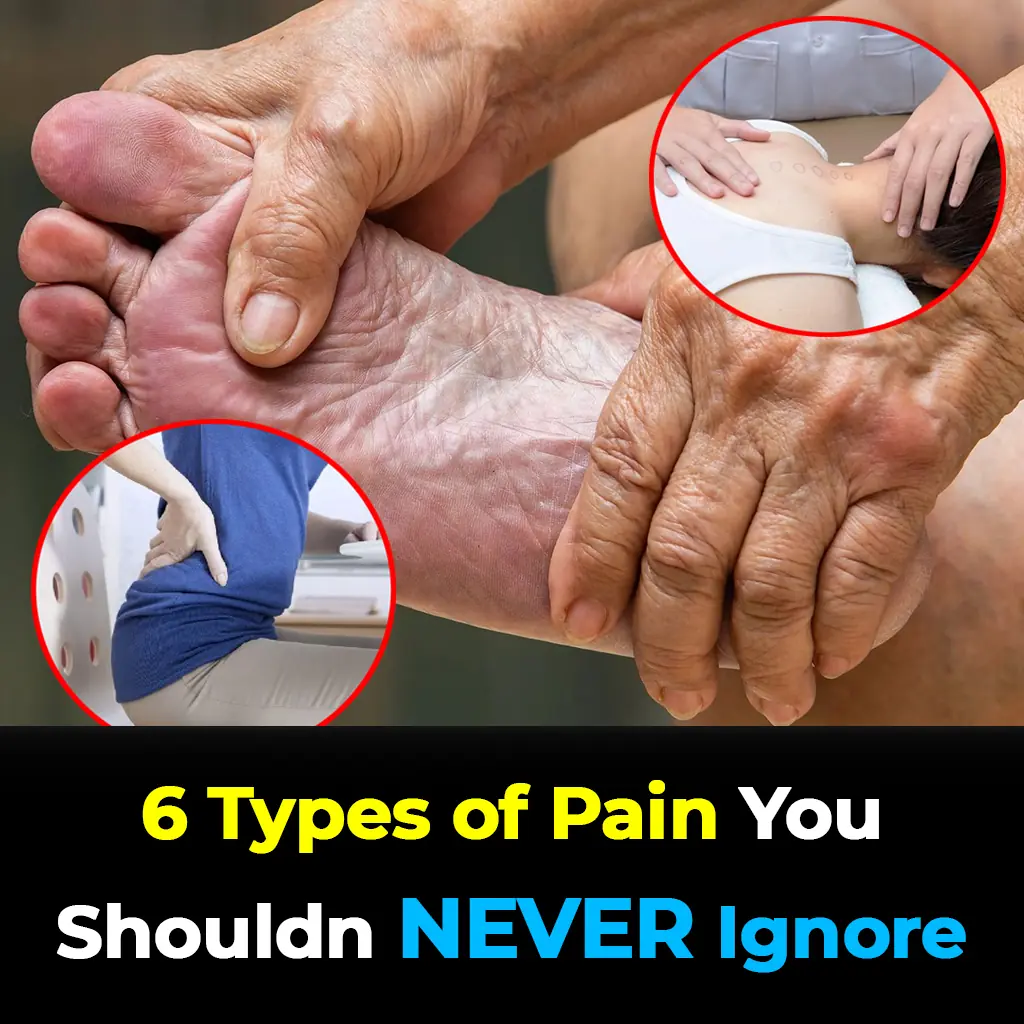
6 Types of Pain You Shouldn’t Ignore
Occasional mild discomfort may not require urgent care, but sudden, unexplained, or severe pain always deserves medical attention.

Scrolling on the Toilet? Experts Warn It Could Trigger Painful Hemorrhoids
For many, the bathroom has become more than a necessity—it’s a private escape, a brief pause in the day, and for some, even a mini reading lounge. But researchers warn that lingering too long with your smartphone on the toilet may quietly be raising y

Stroke Rates Soar Among US Adults: Experts Warn of Alarming Trend
The burden of stroke in the United States has climbed sharply over the past three decades, with millions now living with its long-term effects. While medical progress has reduced mortality rates, the overall number of cases continues to rise—especially
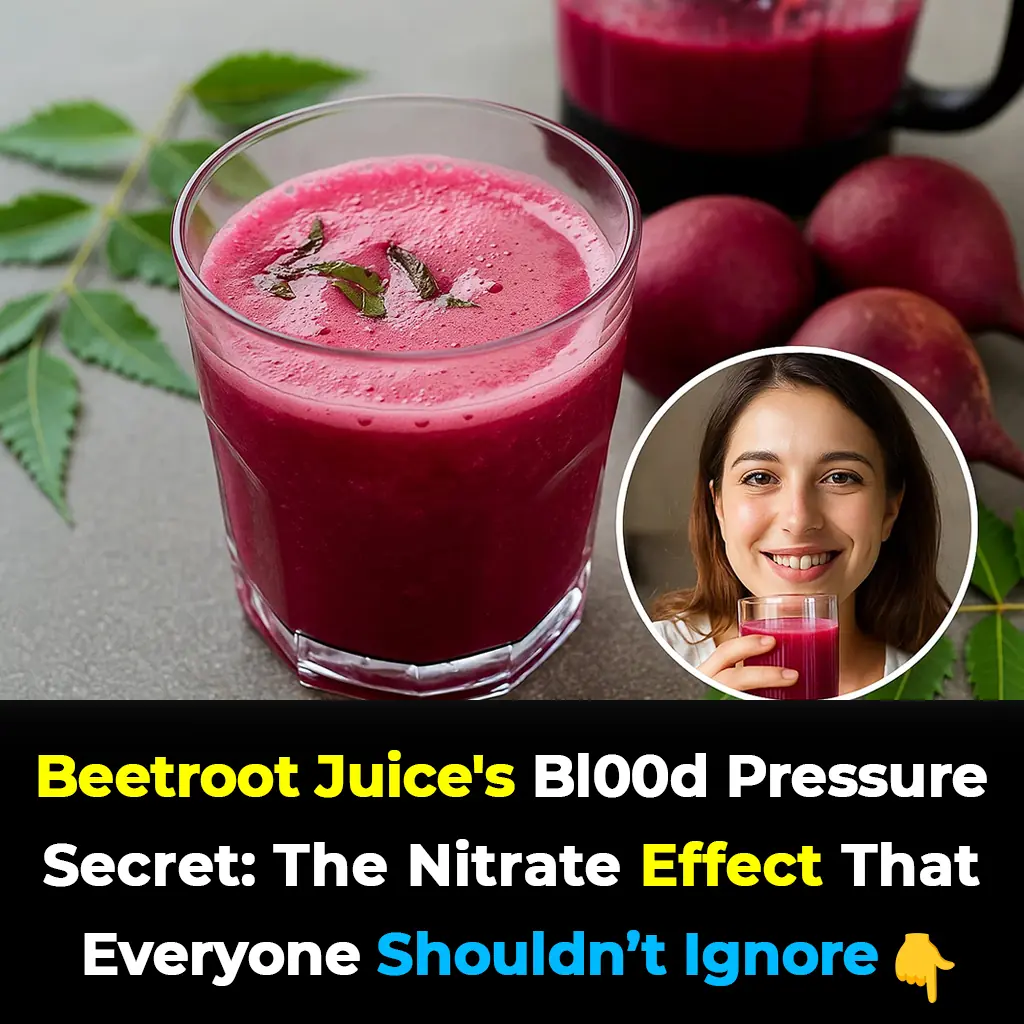
Beetroot Juice’s Nitrate Effect: A Natural Way to Support Heart Health
Beetroot juice isn’t just a vibrant superfood—it may hold the key to naturally lowering blood pressure, especially for older adults. A new study shows how the nitrates in this root vegetable can transform cardiovascular health and reshape the body’s

Your unexplained fatigue and bloating could be intestinal parasites feeding off you right now

Mix Bananas, Honey and Water: Cough and Bronchitis Will Disappear
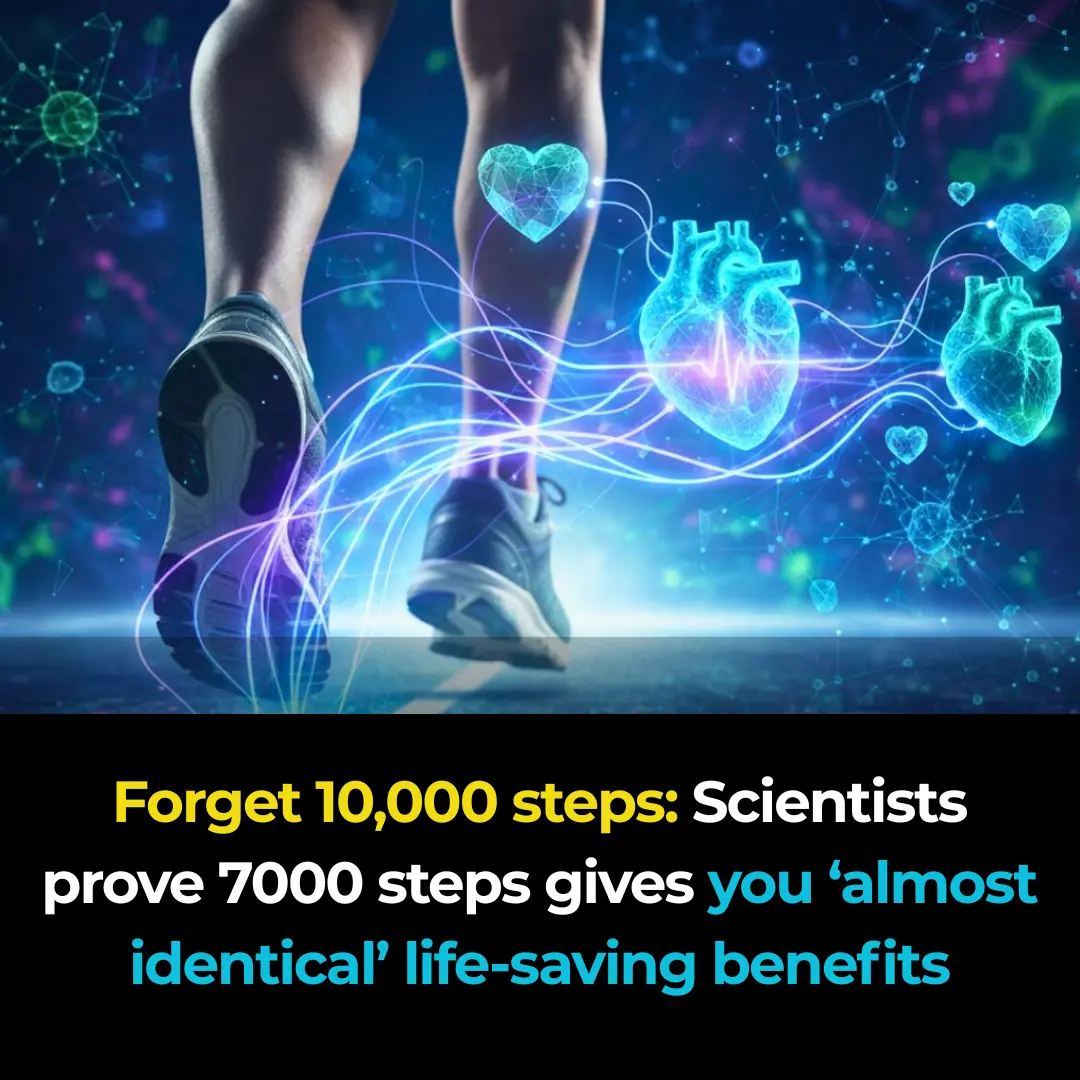
Forget 10,000 steps: Scientists prove 7000 steps gives you ‘almost identical’ life-saving benefits

What Is Sleep Talking?

Farting Too Much at Night: Here’s What It Might Mean

What Foamy Urine Might Be Trying to Tell You

What Sleeping with Your Arms Crossed Really Says About You

How to Kill the Bacteria Causing Heartburn and Bloating

The Hidden Warning Signs of Iron Deficiency—and How to Fix It

Beat a Sinus Infection Fast with These Natural Remedies
News Post

MAHA Chief Medical Advisor Dr. Aseem Malhotra Just Declared That No One Should Have Ever Taken the COVID mRNA Vaccines.

New mRNA Shot Turns Immune Cells Into Cancer-Killers Directly Inside the Body, Study Finds

Why Cold Showers on Hot Summer Nights May Keep You Awake

Lesser-Known Menopause Symptoms

Signs Your Cortisol Is Dangerously High

Genius Laundry Hack: Why Putting an Empty Plastic Bottle in Your Washing Machine Can Save Time and Hassle
It may sound strange, but dropping a simple empty plastic bottle into your washing machine could completely change the way you do laundry. This clever trick not only prevents clothes from tangling but also improves the overall cleaning process, making you

How long should frozen meat be thrown away? Here's the answer.

Put a Roll of Toilet Paper in the Fridge Overnight: The Unexpected Hack That Saves Families a Fortune
A simple household item can become a powerful money-saving tool if you know how to use it wisely. Believe it or not, placing a single roll of toilet paper inside your refrigerator overnight can help reduce odors, prevent frost buildup, and even cut down y

This is the reason why you should plant aloe vera in your home right away.

Groom-To-Be, 28, Dies of Acute Liver Failure After Eating Chicken: Doctors Urge the Public to Beware of This Hidden Danger
The tragic story of a young man in China who was preparing for his wedding but suddenly died from acute liver failure after food poisoning has shocked the nation. Experts warn that improper food handling and consumption of spoiled or contaminated food can

He Never Drank Alcohol but Died of Liver Failure: Doctors Reveal 4 Common Foods That Quietly Destroy the Liver
A man who stayed away from alcohol his entire life shocked his family when he was diagnosed with liver failure and passed away at just 55 years old. Doctors warn that alcohol is not the only enemy of the liver—certain everyday foods can be just as destr

Vitamin D Overdose: When Good Intentions Turn Toxic
Vitamin D is often celebrated as the “sunshine vitamin,” vital for bone strength, immune health, and even protection against certain chronic diseases. But while moderate amounts are essential, excessive or unsupervised intake can be toxic—and in som

6 Types of Pain You Shouldn’t Ignore
Occasional mild discomfort may not require urgent care, but sudden, unexplained, or severe pain always deserves medical attention.

Why You Shouldn’t Be Washing Bath Mats in the Washer

Snakes in Your House

Sessile Joyweed (Alternanthera sessilis): 6 Incredible Health Benefits and How to Use It Naturally
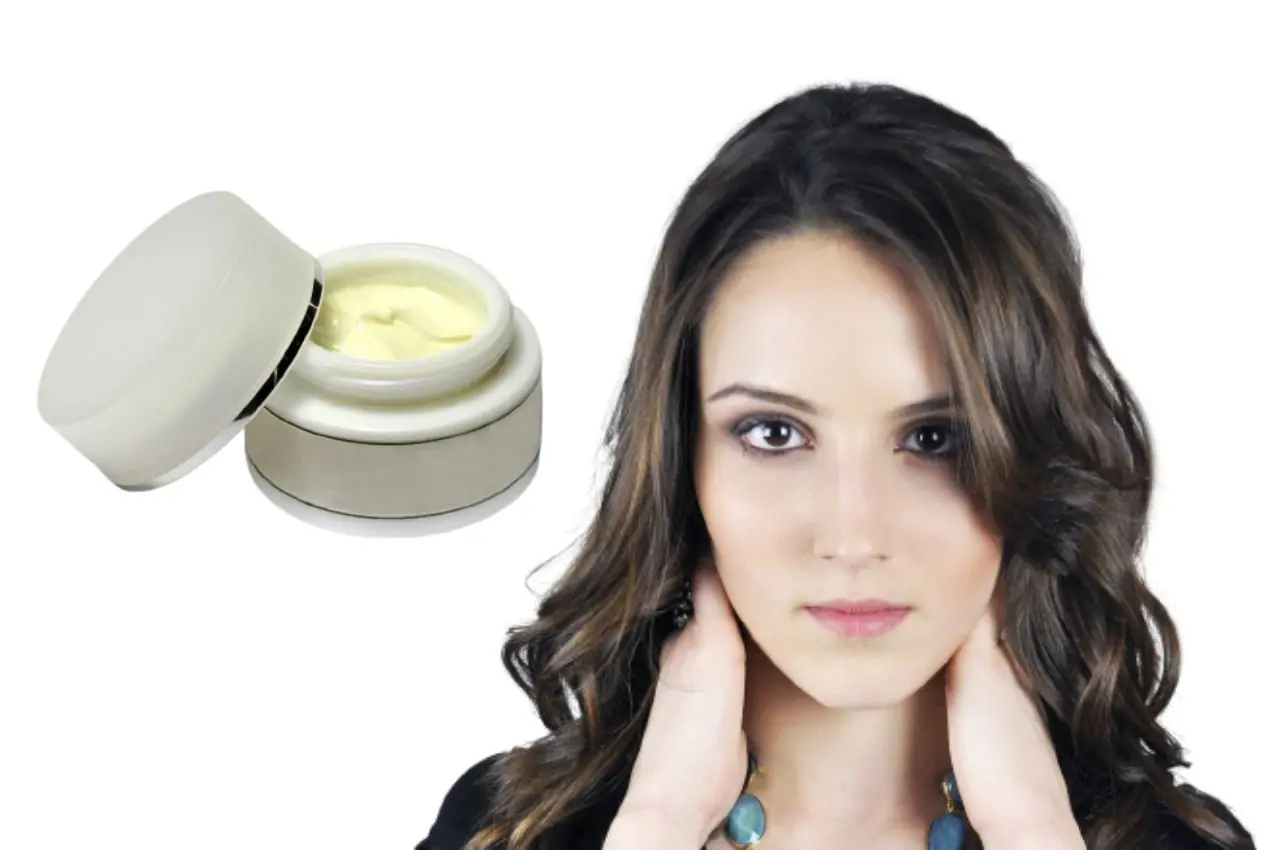
Top 5 Amazing Tips for getting rid of Blackheads and Whiteheads
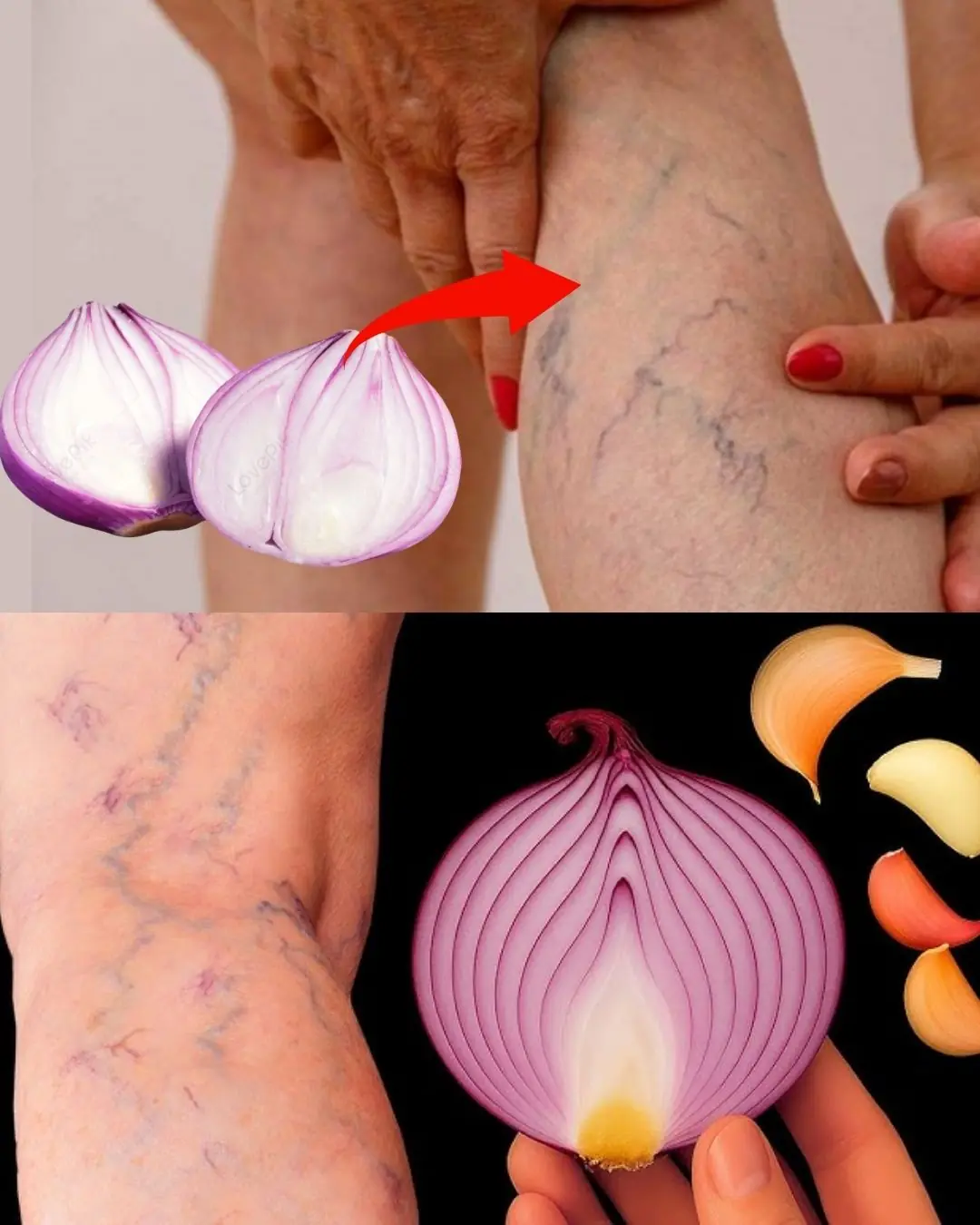
✨ Unbelievable! This Is a Vein Killer! Erase Varicose Veins Like an Eraser! 🔝 2 Natural Recipes 🤩
